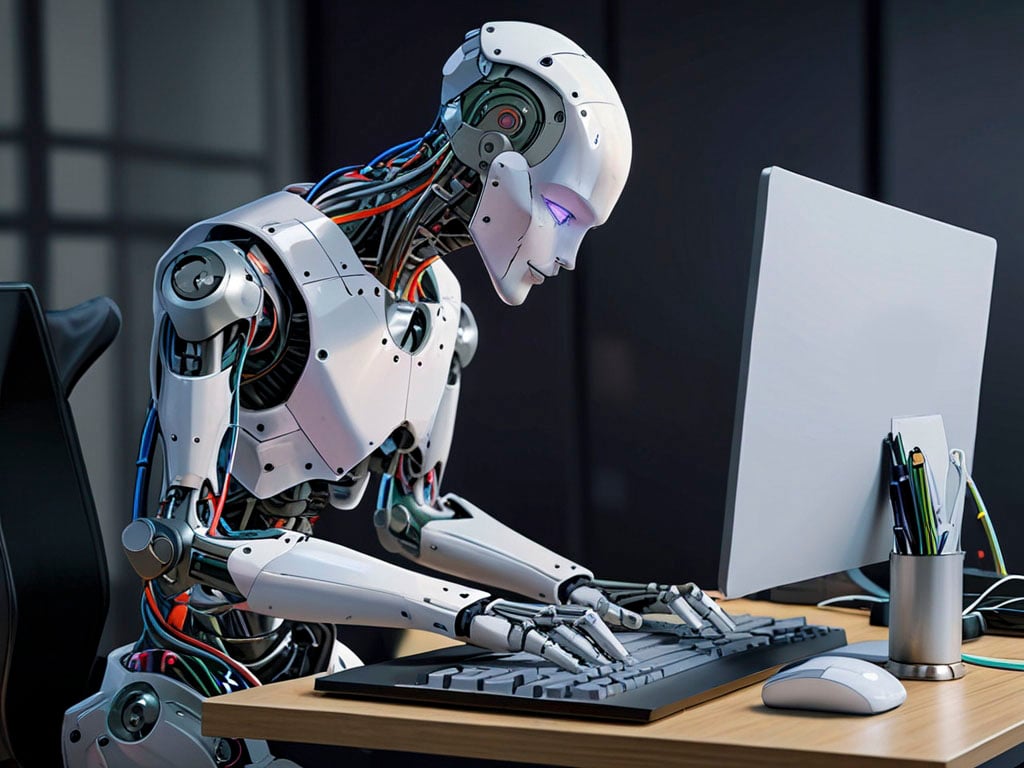The integration of artificial intelligence (AI) into software development has undoubtedly transformed the landscape, enhancing automation and efficiency. However, this technological advancement is not without its drawbacks. Recent findings highlight a troubling trend: AI coding tools are generating code that often contains significant vulnerabilities, raising alarm bells for cybersecurity. This issue stems from a combination of human oversight and an alarming level of trust in AI capabilities.
As AI-generated code becomes increasingly prevalent across various sectors, the implications for security are becoming clearer. Tools such as ChatGPT, Amazon CodeWhisperer, and GitHub Copilot are designed to boost productivity, but they also run the risk of introducing security flaws into applications. A survey conducted by the security vendor Snyk underscores these concerns, revealing a widespread belief among developers that AI-generated code is inherently more secure than code written by humans.
This belief, often fueled by a cognitive bias that overestimates AI's capabilities, poses a significant risk to application security. Developers may unknowingly incorporate vulnerabilities into their codebases, potentially leaving crucial systems open to cyber threats. The challenge at hand extends beyond just the technical abilities of AI assistants; it also encompasses the relationship between developers and these tools.
Just as blindly copying code from platforms like Stack Overflow can lead to vulnerabilities, accepting AI-generated code without thorough examination can produce similar risks. Developers must remain vigilant, critically assessing AI suggestions and dedicating time to refine the code to ensure security integrity.
To navigate this complex landscape, organizations should incorporate robust vulnerability scanning tools and AI solutions into their development workflows. Is important the need for training in responsible AI usage, emphasizing the crucial interplay between human expertise and AI support in sustaining a secure digital environment.
The recent findings from a Stanford University study, referenced by Snyk, further illustrate the delicate balance between leveraging AI tools and maintaining application security. The study highlights how developers' interactions with AI assistants can inadvertently lead to the introduction of security vulnerabilities. For instance, the generation of SQL queries via string concatenation—a common method that can easily lead to SQL injection vulnerabilities—demonstrates the necessity for developers to remain alert and knowledgeable.
Moreover, the risks associated with copying code from platforms like Stack Overflow serve as a cautionary tale. A significant portion of code snippets from such sources contains vulnerabilities, and the ease of access can lead to a false sense of security. The Stanford study starkly reveals that the quest for productivity through AI-generated code may come at the cost of compromised security. This trade-off between efficiency and vulnerability emphasizes the need for developers to approach AI-generated code with skepticism, rigorously vetting it and prioritizing security over mere expedience.
Ultimately, the security of AI-assisted coding hinges not only on the capabilities of the AI tools themselves but also on the informed decision-making of developers. The relationship between human expertise and AI assistance must be symbiotic, grounded in vigilance and a commitment to secure coding practices. By fostering this dynamic, the software development community can harness the benefits of AI while safeguarding against its potential pitfalls.




